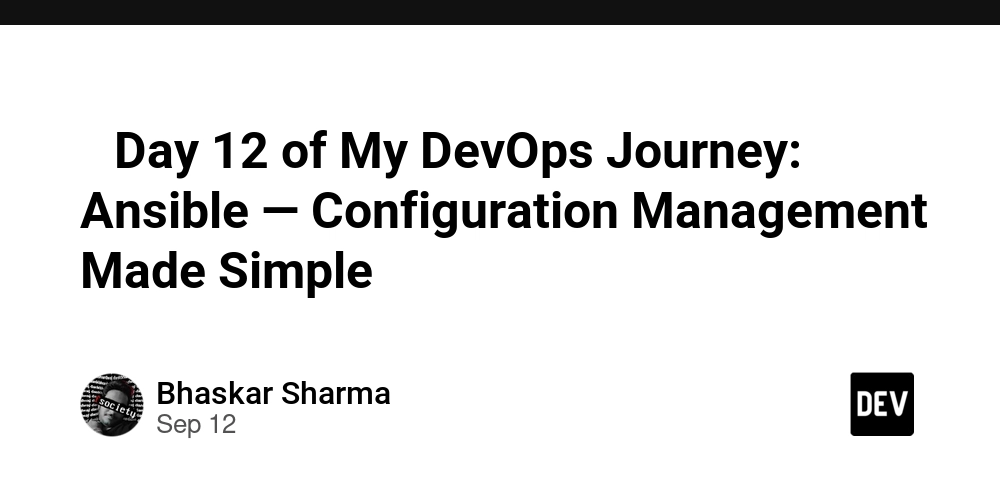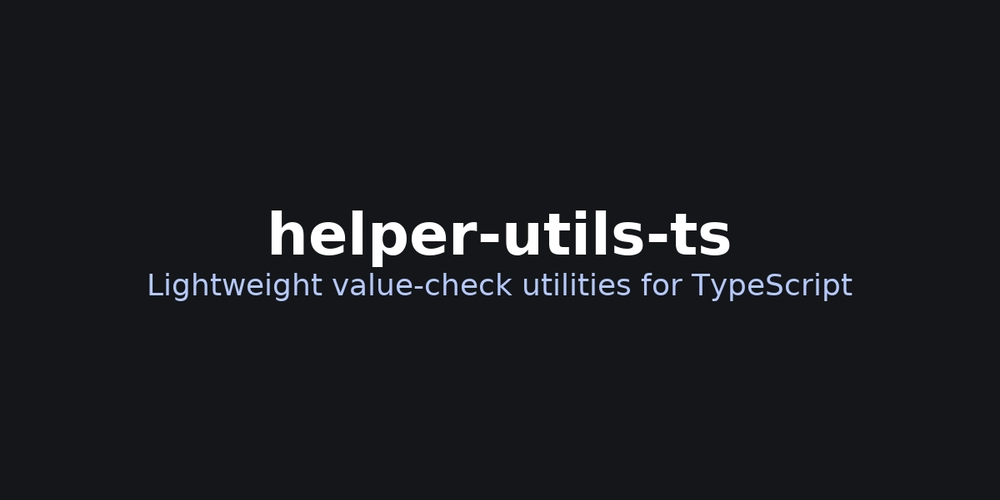Hello dev.to community! 👋
Yesterday, I explored Terraform — automating cloud resources with Infrastructure as Code (IaC). Today, I’m diving into Ansible, a tool that automates configuration management and application deployment.
🔹 Why Ansible Matters
Manually configuring servers (installing packages, updating configs) is repetitive and error-prone. Ansible makes it:
✅ Agentless → Works over SSH, no extra software on servers.
✅ Idempotent → Run the same playbook multiple times, results stay consistent.
✅ Declarative → Define what you want, not how to do it.
✅ Scalable → Manage 10 or 1,000 servers with the same playbook.
🧠 Core Ansible Concepts
Inventory → List of servers to manage.
Playbooks (YAML) → Define tasks like installing Nginx, updating configs, restarting services.
Modules → Pre-built actions (install packages, copy files, manage users, etc.).
Roles → Reusable, structured automation code.
🔧 Example: Install Nginx on a Server
Inventory (hosts):
[web]
192.168.1.10 ansible_user=ubuntu
Playbook (nginx.yml):
👉 Run:
ansible-playbook -i hosts nginx.yml
🛠️ DevOps Use Cases
Configure CI/CD agents (install Docker, Git, Jenkins).
Manage application deployments (zero-downtime releases).
Ensure security compliance (patch updates across servers).
Combine with Terraform → Terraform provisions infra, Ansible configures it.
⚡ Pro Tips
Use Ansible Galaxy for pre-built roles.
Store playbooks in Git for version control.
Group variables in group_vars/ for cleaner management.
Use tags (–tags) to run specific tasks quickly.
🧪 Hands-on Mini-Lab (Try this!)
1️⃣ Install Ansible on your local machine.
2️⃣ Create an inventory file with one server.
3️⃣ Write a playbook to install Nginx/Apache.
4️⃣ Run ansible-playbook and verify.
🎯 Key Takeaway:
Ansible eliminates manual server setup by making configuration automated, repeatable, and scalable. A must-have skill for modern DevOps engineers!
🔜 Tomorrow (Day 13):
I’ll explore Jenkins — the powerhouse for CI/CD pipelines. 🚀
🔖 #Ansible #DevOps #Automation #IaC #ConfigurationManagement #SRE #CloudNative



